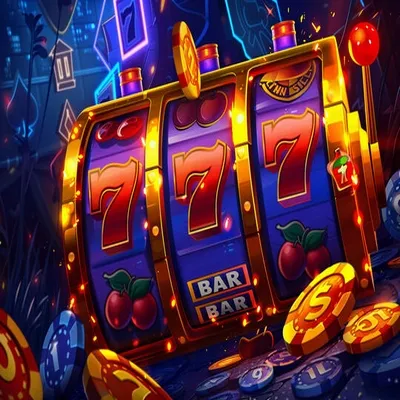cachoeira do caparaó
$35520
cachoeira do caparaóOverbetting, also known as “going all-in,” is when a player bets more money than he or she can afford to lose. This is a common mistake when chasing winning streaks or trying to win back lost money.
Gambling, or betting, is an activity that humans have been involved in for thousands of years. From simple games to grand casinos and modern online sports betting, this industry has gone through a long journey of development. The following article will review important milestones in the history of the betting industry. Betting is not a new concept, but has existed since ancient civilizations. Archaeological evidence shows that, as early as the Babylonian and Egyptian periods, people participated in games of chance, often in forms of betting involving cards or dice games. Betting in Greece and Rome: Ancient Greek and Roman civilizations organized horse races and sports competitions, where people could bet on the outcome of events. Chariot races in Rome and arena sports were among the earliest forms of betting known to mankind. These games were not only part of the entertainment culture but were also associated with religious beliefs and rituals. Dice and card games were also used as a form of betting from this period, although there was no formal system or rules. Cards in particular appeared in China around the 9th century and gradually spread to other regions such as India and Europe. Betting flourished in Europe in the 17th and 18th centuries, when casino games began to become more popular. The first casino opened in Venice, Italy in 1638. This was the first place with formal betting organization and procedures. The first casinos mainly served the nobility and the wealthy, and were only open on special occasions such as festivals. The first casino in Venice (1638): The first casino opened in Venice, Italy in 1638. This was the first place with formal betting organization and procedures. The first casinos catered mainly to the nobility and the wealthy, and were only open on special occasions such as festivals. Horse racing betting: Horse racing was one of the first popular forms of sports betting and began to become part of the betting culture in Europe in the 18th century. The first horse races were held in England, where a strong horse racing industry developed, with famous races such as The Derby. Gambling and sports competitions: In the 19th century, gambling games at casinos and sports competitions such as football and horse racing began to become popular events that people bet on. In the 20th century, the betting industry continued to thrive, especially after countries began to legalize and regulate the industry. The city of Las Vegas in the United States emerged as the "gambling capital" of the world in the 1930s when Nevada legalized casino games. Las Vegas casinos have become an icon of the gambling industry, attracting tourists and gamblers from all over the world. Famous venues such as the Bellagio, Caesars Palace and The Venetian have become symbols of luxury and the gambler's lifestyle. Sports betting officially flourished in the 1940s and 1950s, especially in Las Vegas casinos. Sports such as football, basketball, and horse racing began to attract the attention of bettors. By the late 20th century, sports betting had gone beyond entertainment and had become a professional industry with major organizations and tournaments, such as the Super Bowl (USA) and the Premier League (UK).
Product description

cachoeira do caparaóDeveloping a long-term betting strategy is important, especially if you are serious about sports betting. You cannot just bet on your gut feeling, but you need to have a clear plan, including determining your maximum bet amount, the level of risk you are willing to accept, and the long-term goals you want to achieve. Remember, sports betting is not a game of chance, but a process of continuous learning and improving your strategy.
To continue to develop in the betting world, you should also invest in researching and analyzing teams and athletes. This is especially important in sports such as football, basketball, tennis or horse racing. Having a good understanding of previous achievements, recent form, team strength and external factors such as weather and field will help you predict results more accurately. Professional players often spend a lot of time researching indicators, statistics and analyzing data to make the best decisions.

To play scratch cards effectively, an extremely important factor is capital management. When you participate in card games, determine the amount of money you can bet reasonably, avoid betting too much money on a game and risk losing everything. An effective way to manage capital is to set a fixed bet for each game, and determine a daily or weekly loss limit. This will help you avoid losing control when losing consecutively, and help you maintain a stable betting strategy in the long term.
Online betting is not limited to traditional sports but also includes eSports, with major tournaments such as Dota 2, League of Legends, CS:GO, and Fortnite. These eSports games are increasingly attracting the attention of young people and online bettors. ESports betting has its own characteristics, as players need to understand the gamers, teams, and tournaments well to make accurate predictions. Popular bets in eSports include win/loss bets, bets on the number of kills, or bets on the total score in matches.











